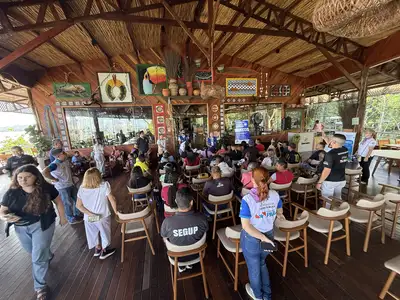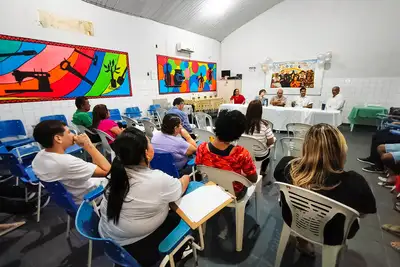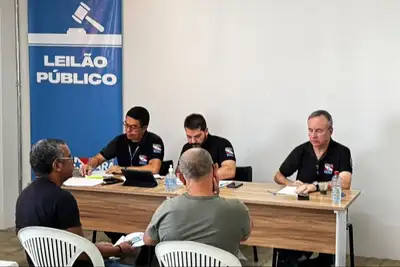Sefa presents commitments made with adherence to the Pact for Racial Equity
An initiative of the Court of Accounts of the State of Pará, the Pact already has 58 signatory entities and aims to take concrete measures to change the scenario of racist practices
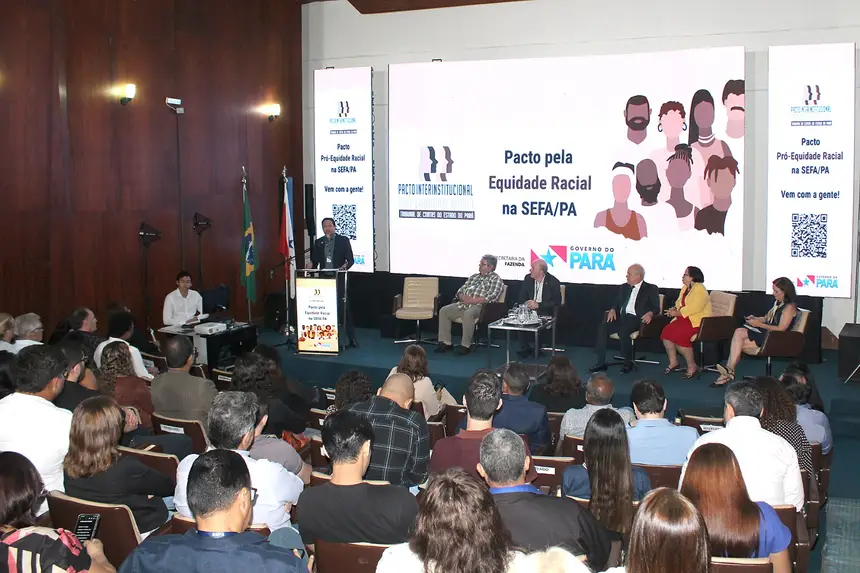
The Pact for Racial Equity at the State Department of Finance (Sefa) was launched this Monday (25). More than 100 people, including servers and representatives of public and private entities, gathered in the auditorium of Sefa in Belém to discuss anti-racist institutional practices, valuing black identity, strengthening inclusive public policies, and building a culture based on respect for diversity and social justice.
The objective of the event was to present the actions being developed at Sefa to fulfill the commitments made in the Adherence Term to the Pro-Equity Pact, an initiative of the Court of Accounts of the State of Pará (TCE), through Resolution No. 19,626/2024, aimed at combating racial discrimination through cooperation actions among the signatory institutions.
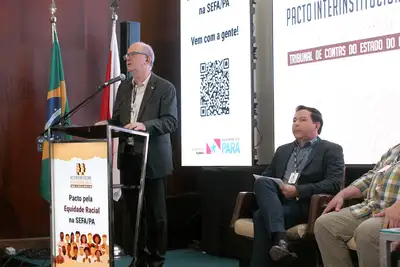
Adhering to the Pact is a symbolic and strategic moment of affirming commitments to social justice, diversity, and public integrity, stated the Secretary of Finance of Pará, René Sousa Júnior. "It is important for Sefa to integrate into the pro-equity network, and for each server to reflect on the role that each one can play," he said.
Inclusion - The commitments made by Sefa within the Pact were presented: to establish a Working Group on Racial Equity in the Secretariat; to conduct an ethnic-racial survey of servers for self-declaration of race; to promote ongoing training in anti-racist education and actions of racial literacy and institutional training on structural and institutional racism; to encourage inclusive practices in public service and anti-discrimination legislation; to ensure racial quotas in competitions and Simplified Selection Process (PSS) conducted by the Secretariat; to establish racial quotas for internship positions and create a listening channel, a space in a virtual environment for support and complaints.
The Sefa has already established the Working Group to address the Pact, and this month began the Ethnic-Racial Census to better understand the profile of servers and collaborators and define the measures to be taken.
Racial Literacy – The president-counselor of the Court of Accounts of the State, Fernando Ribeiro, thanked the efforts of the institutions that support the action. The TCE is the entity that established the Pro-Equity Pact in Pará, which today has 58 signatory entities. The president emphasized the importance of the Pact by stating that, in his life, the issue of race or color was not the most important, but the character of people. However, when addressing the subject institutionally, he encountered reports of racism. "Upon hearing the narratives, I realized the enormity that prejudice still is in society," he emphasized.

The head of the State Secretariat for Racial Equality and Human Rights (Seirdh), Edilza Fontes, stated that it is necessary to see society with a diverse perspective and highlighted the need for public policies that value diversity, embracing the differences among people. "No one needs to deny or hide themselves to be happy," emphasized the secretary.
For Maria do Carmo Sousa, who coordinates the Alberto Veloso School of Accounts at the TCE, adhering to the Pact means taking concrete, practical measures to change the scenario of racism. Among the activities carried out are training actions on racial literacy, the production of pedagogical and educational materials, the creation of guiding manuals, and the monitoring of racial indicators.
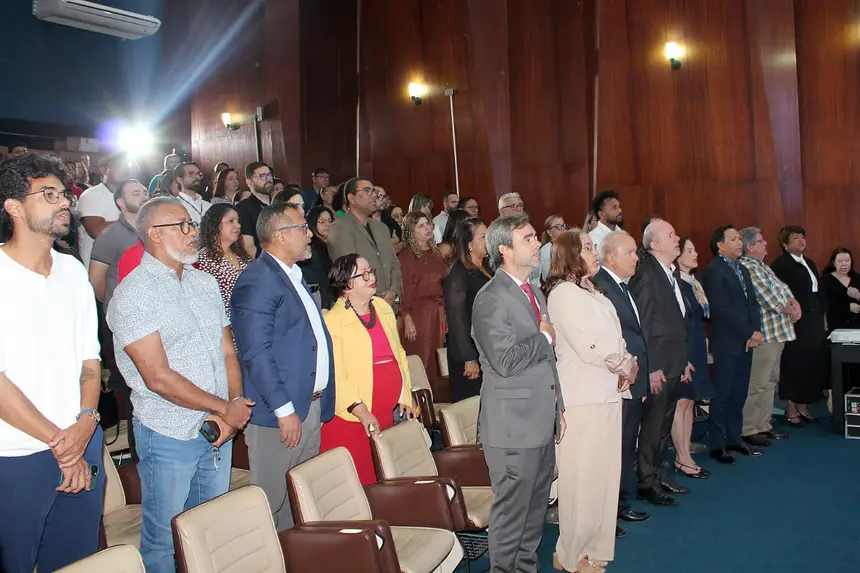
The coordinator also recalled that the TCE intends to hold, annually, a Journey of Good Practices, to inform and encourage public institutions to adopt these measures, and highlighted the importance of collective, integrated action that breaks the logic of isolated initiatives and consolidates permanent policies to combat racism. Cooperation among institutions, said Maria do Carmo Sousa, enhances resources and multiplies experiences.




